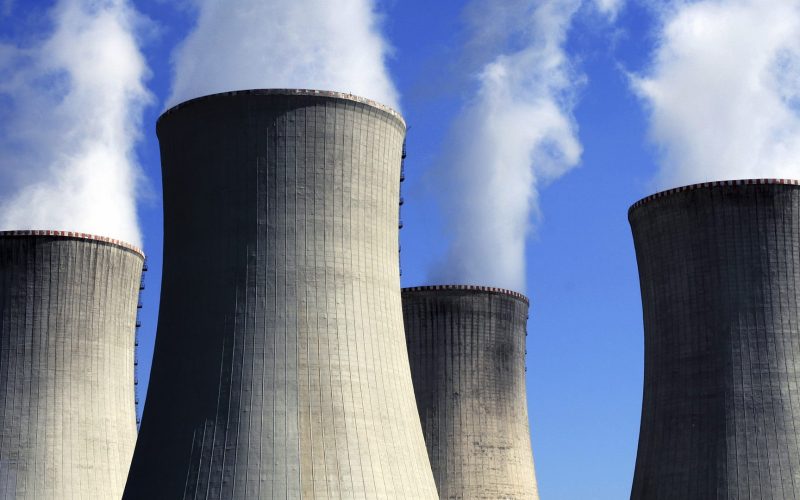THE VOICE FOR THE ENERGY CONSUMER

Contact: Shawn Martini, 303-895-5070 smartini@beta.consumerenergyalliance.org December 22, 2014 Houston, Texas – Today, more than 100,000 U.S. consumers spoke out in support of Alaskan offshore energy. Consumer Energy Alliance (CEA).

Writing in New Jersey’s Asbury Park Press, Consumer Energy Alliance Executive Vice President Michael Whatley argues that nuclear energy is critical to a diverse electricity mix that helps keep costs.

Having a hard time finding the perfect gift this holiday season? Consider energy-saving gifts that are sure to bring holiday joy while saving your loved ones some hard-earned cash. Here’s.

Having a hard time finding the perfect gift this holiday season? Consider energy-saving gifts that are sure to bring holiday joy while saving your loved ones some hard-earned cash. Here’s.

We all know by now that our nation is in the midst of an energy renaissance. We all know it’s been a continuous boon for job creation, energy self-sufficiency, economic.
Today, Consumer Energy Alliance submitted comments to the U.S. Environmental Protection Agency on the Proposed Guidelines for Greenhouse Gas Emissions from Existing Electric Power Plants. CEA believes these draft regulations.
A continuing string of polls once again underscores what we have known for quite some time now: that the overall economy will be, without a doubt, the No. 1 issue.

Join Fellow Alaskans to Support Offshore Energy: Alaska’s energy future is NOW. Leaders in Washington, DC are on the verge of making critical decisions that will determine whether we can.

CEA- Texas hosted its most recent Energy 101 Breakfast at River Oaks Country Club in Houston last week. The breakfast again looked at Risk Mitigation in the energy industry with.

When you think of Thanksgiving rituals – driving to Grandma’s, roasting the Thanksgiving Turkey or watching football – you probably don’t stop to think how energy prices affect your holiday.